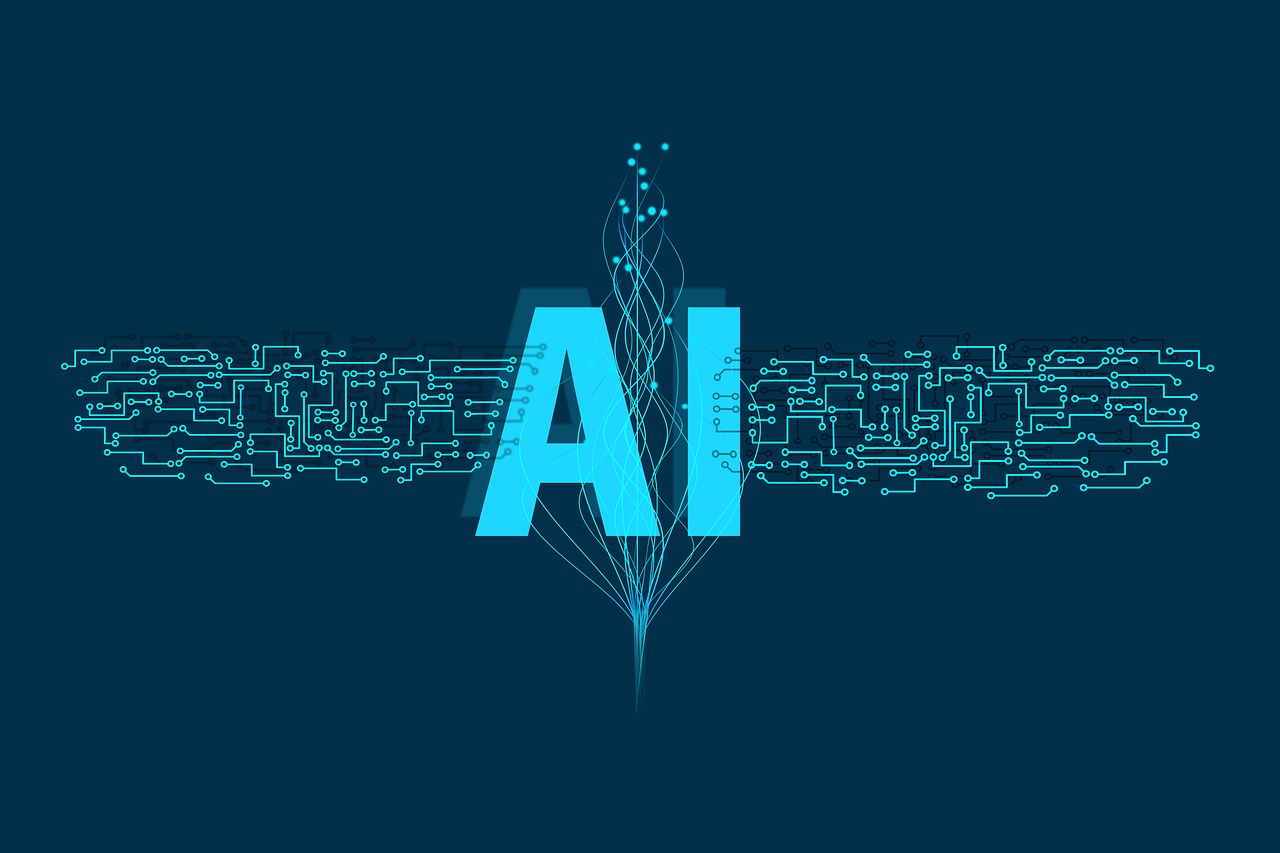 AI
AI
 AI
AI
 AI
AI
It’s the era of generative artificial intelligence, and information technology professionals are rapidly warming up to the idea of integrating the powerful new technology into their apps and solutions — but some issues need to be ironed out.
A new survey from Salesforce Inc. of more than 500 IT leaders revealed that a majority, 67%, see generative AI as a priority for business in the next 18 months given the current climate, and more than a third called it a top priority.
Generative AI is a type of artificial intelligence technology that can create numerous types of content such as text, images and audio. It allows computers to abstract new information from underlying data related to the content and generate similar content. It has been popularized recently by such examples as the art-producing AI DALL-E, which generates artwork from text descriptions given by users, and ChatGPT, an AI chatbot also from Open AI LLC that can hold conversations, write songs, answer research questions and more.
The survey found that more than 57% of IT professionals believe that generative AI would be a “game changer” for their businesses and would help better serve customers by taking advantage of data, better serve customers by providing new services and help employees by automating away tedious work.
“Generative AI represents a step change in how organizations across industries will analyze data, automate processes and empower sales, service, marketing and commerce professionals to grow customer relationships — but comes with new risks and challenges,” said Clara Shih, chief executive of Service Cloud at Salesforce.
Obstacles to the implementation of generative AI, however, hamper enthusiasm for some because of potential security concerns and ethical issues raised by bias seen in the wild. As with any new technology, generative AI is still in its infancy and has been through some growing pains.
Of those surveyed, a third said they believe the technology is “over-hyped” and that it may bring with it additional problems that need to be figured out before it can be fully integrated into their technology stacks. Two-thirds of those surveyed said they don’t think they’re prepared to implement the AI technology just yet, given that it could open up new security concerns, employees would need to be trained, and new strategies need to be developed.
The survey revealed that 59% believe most generative AI outputs could be inaccurate and almost two-thirds agreed that they could be biased, such as having misinformation or hate speech. This gave rise to ethical concerns about using generative AI. Prominent examples include the erratic behavior of Microsoft Corp.’s ChatGPT-powered Bing search engine, as well as Google LLC’s ChatGPT rival Bard making a factual error during its reveal demo.
Knowing these problems will arise in the process of implementing generative AI, almost all of the IT professionals surveyed, 99%, said their businesses must address them and take measures to prepare. However, only 30% of the respondents believe they should have ethical use guidelines in place when using generative AI in their companies.
Some 81% said that they would use both public and private sources to help reduce bad information from being used for responses, and 83% said that they would collaborate with other businesses to improve the ethical use of the technology.
“Whether generating a tailored sales email or customer support chat response, an ethics-first approach grounded in trusted data and human-in-the-loop workflows is what will allow enterprises to safely and responsibly use generative AI to deliver against today’s growing customer expectations,” Shih said.
Support our mission to keep content open and free by engaging with theCUBE community. Join theCUBE’s Alumni Trust Network, where technology leaders connect, share intelligence and create opportunities.
Founded by tech visionaries John Furrier and Dave Vellante, SiliconANGLE Media has built a dynamic ecosystem of industry-leading digital media brands that reach 15+ million elite tech professionals. Our new proprietary theCUBE AI Video Cloud is breaking ground in audience interaction, leveraging theCUBEai.com neural network to help technology companies make data-driven decisions and stay at the forefront of industry conversations.